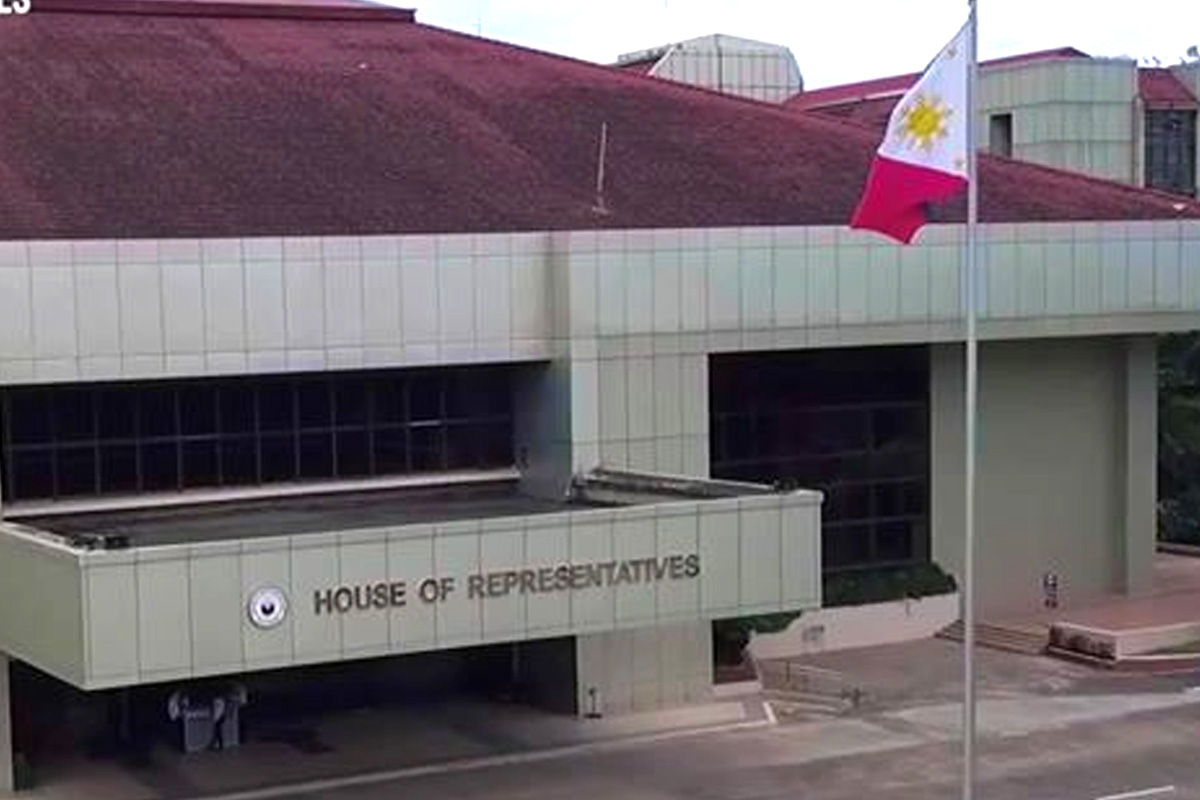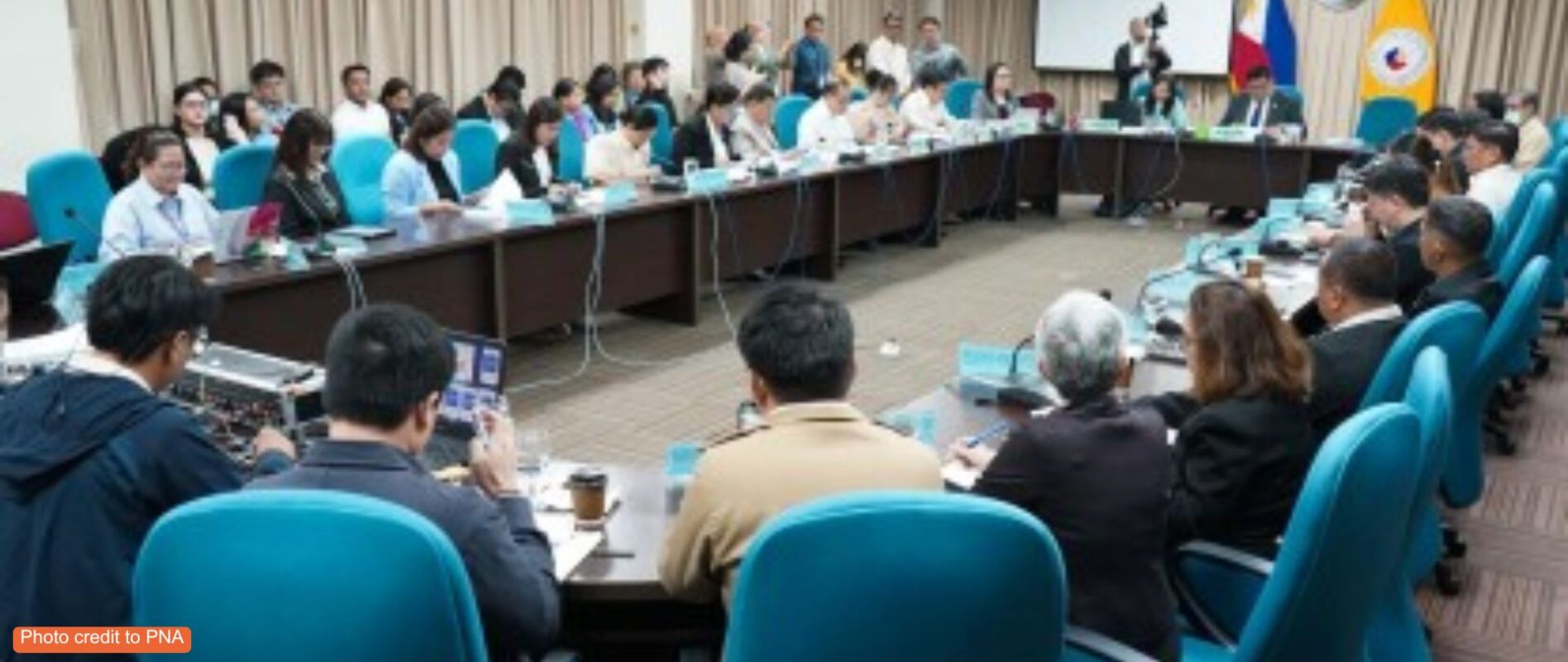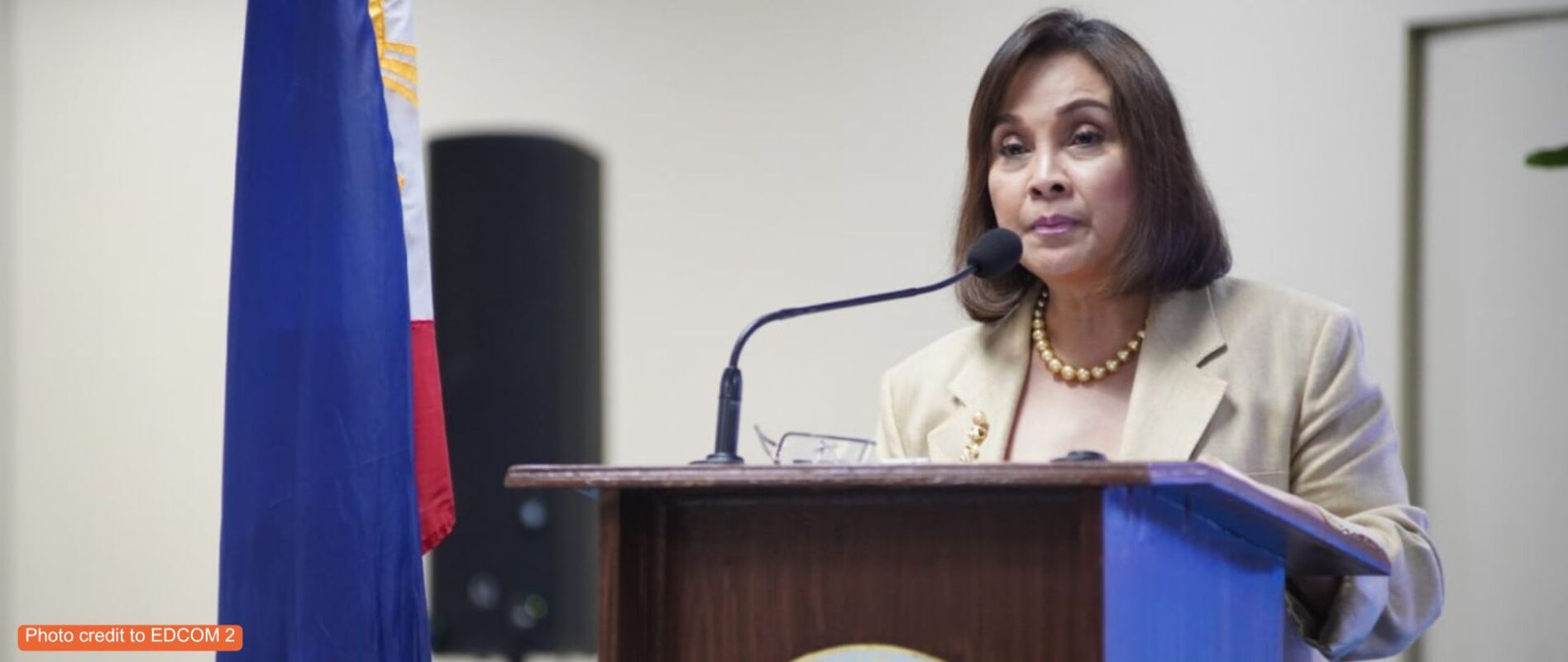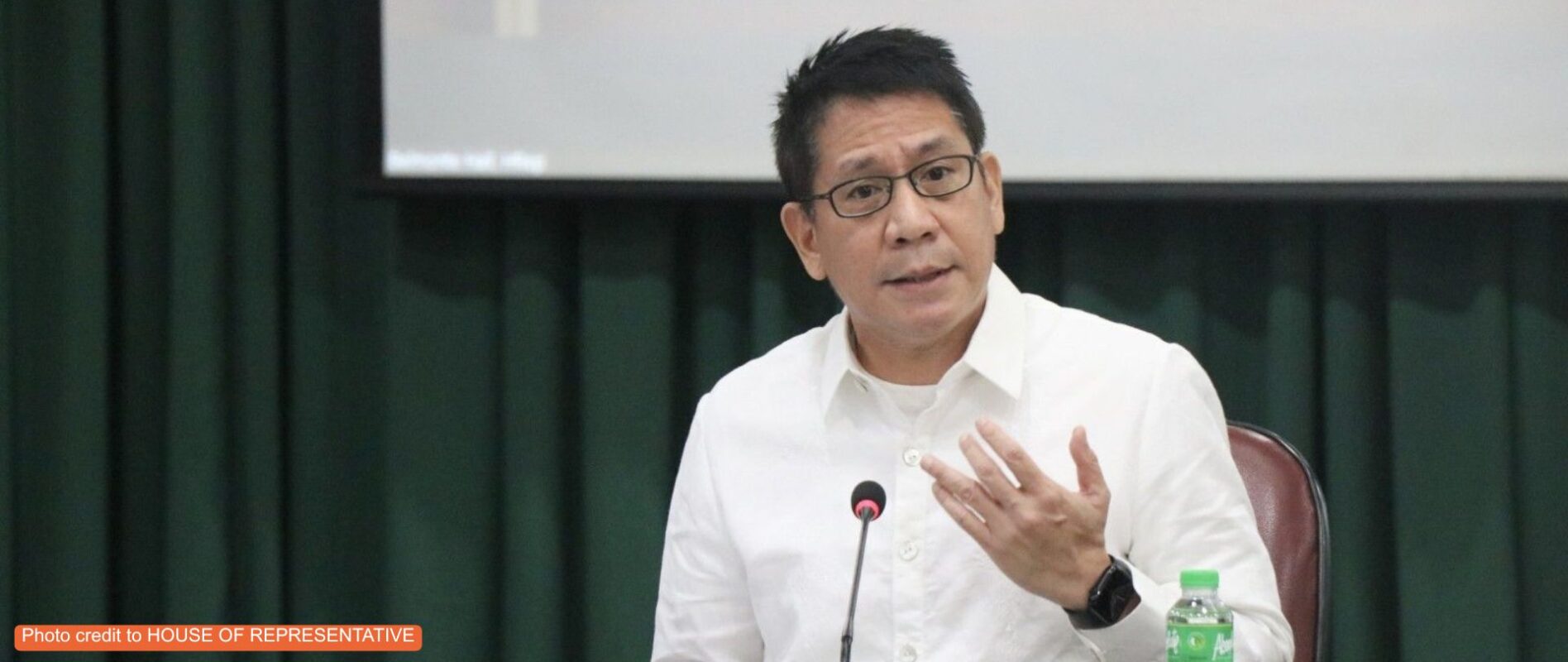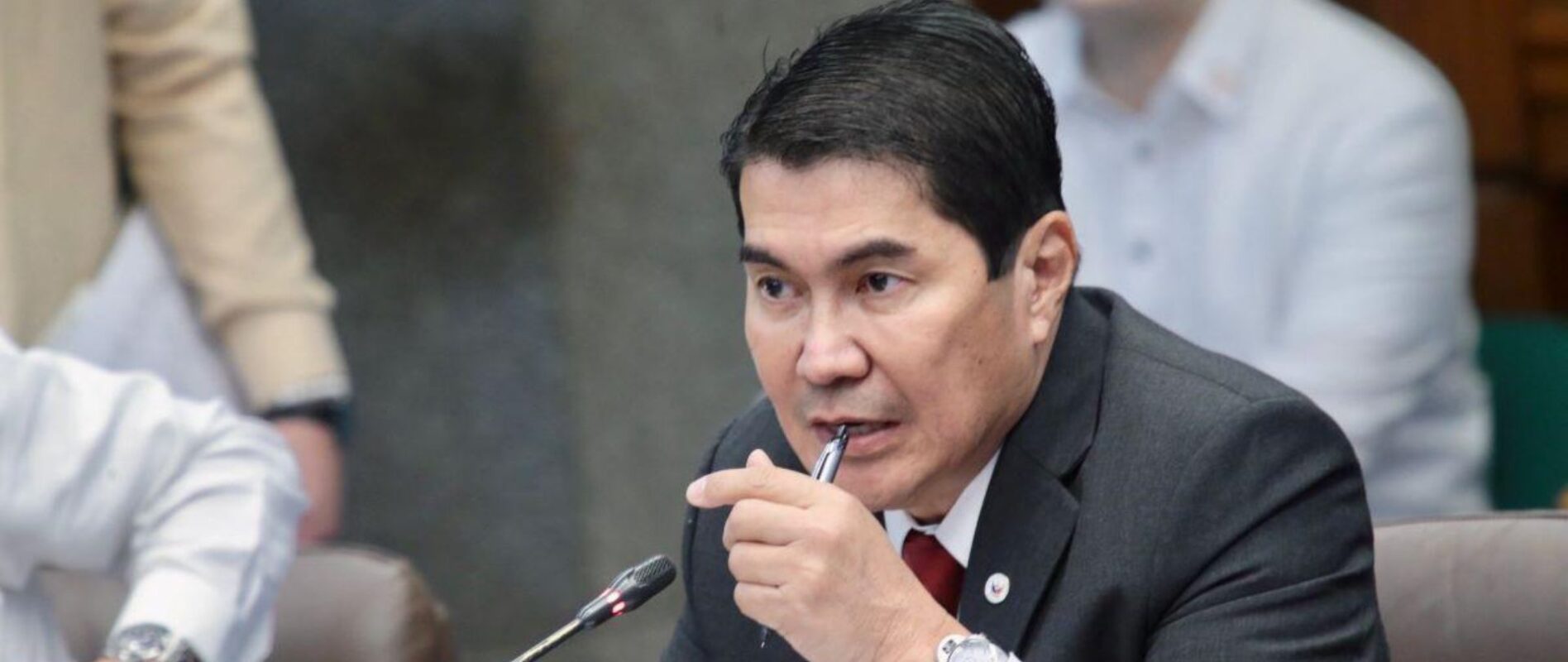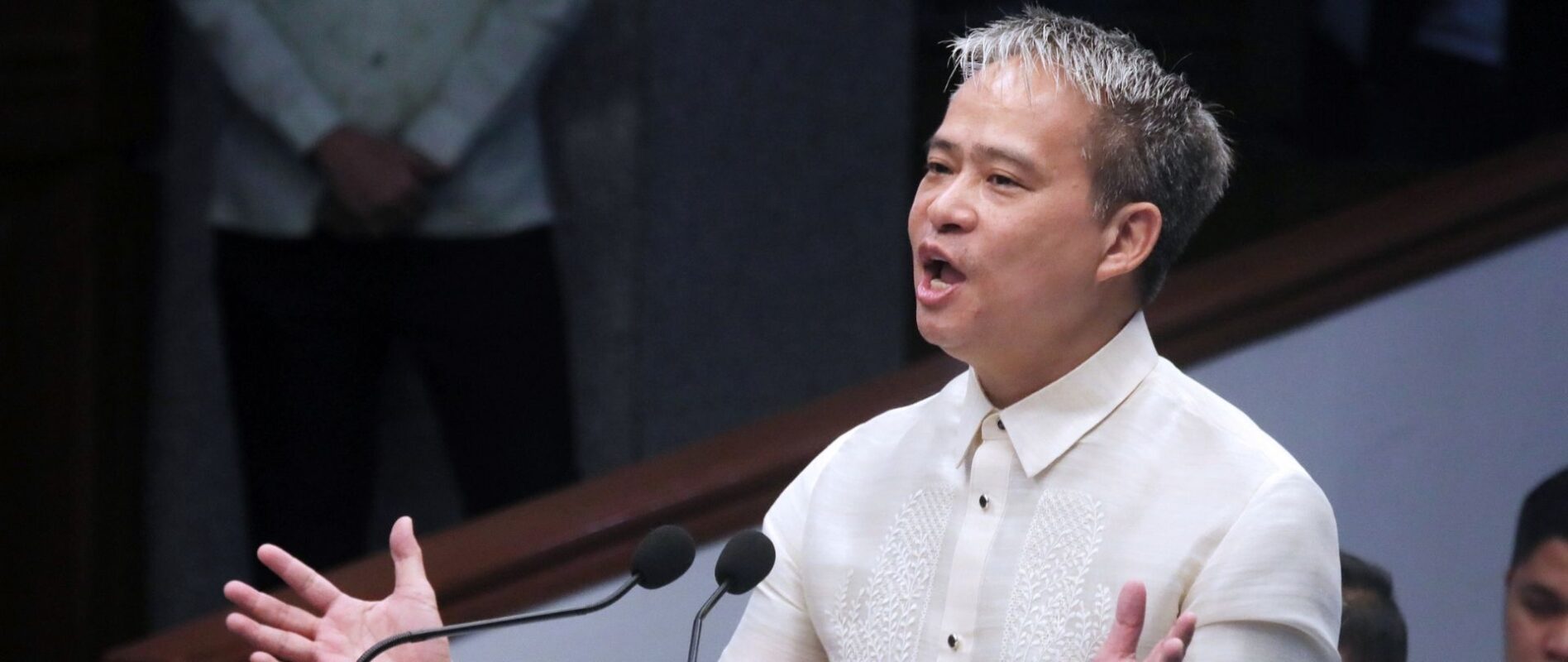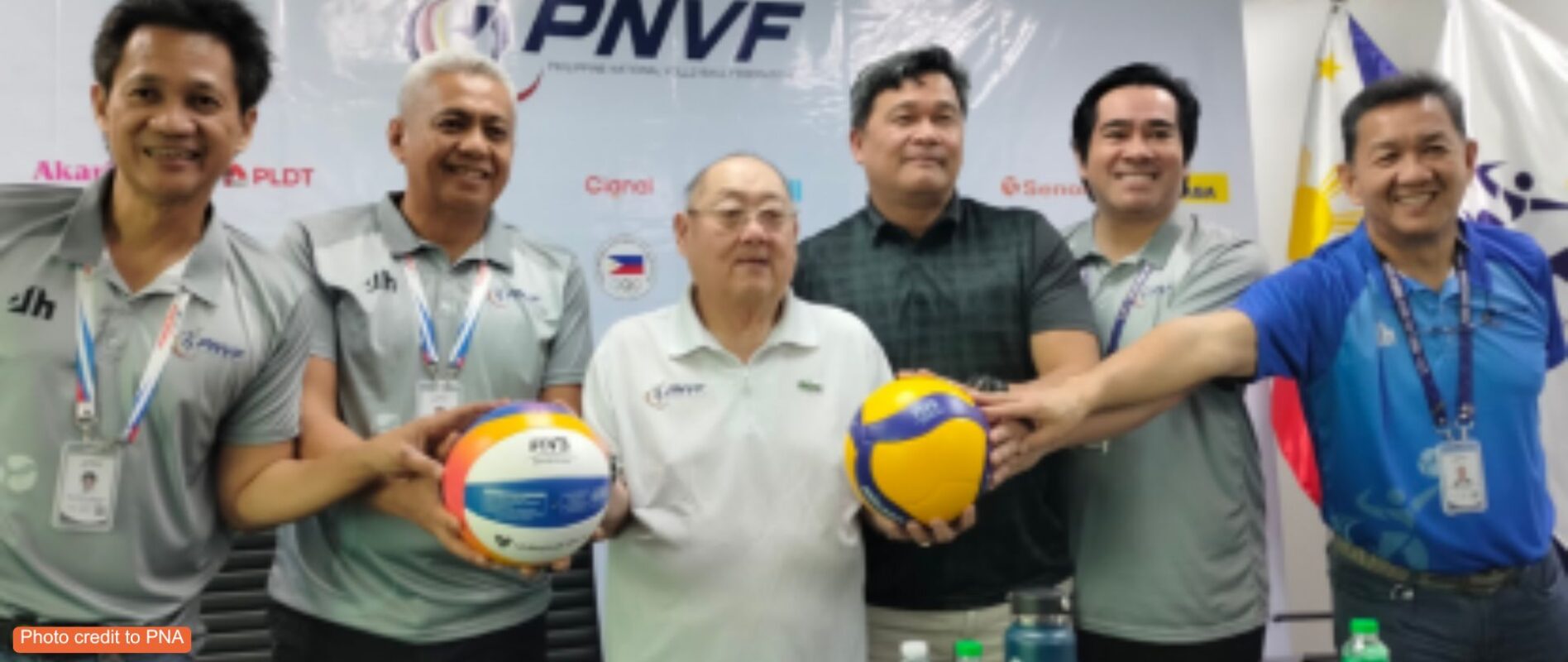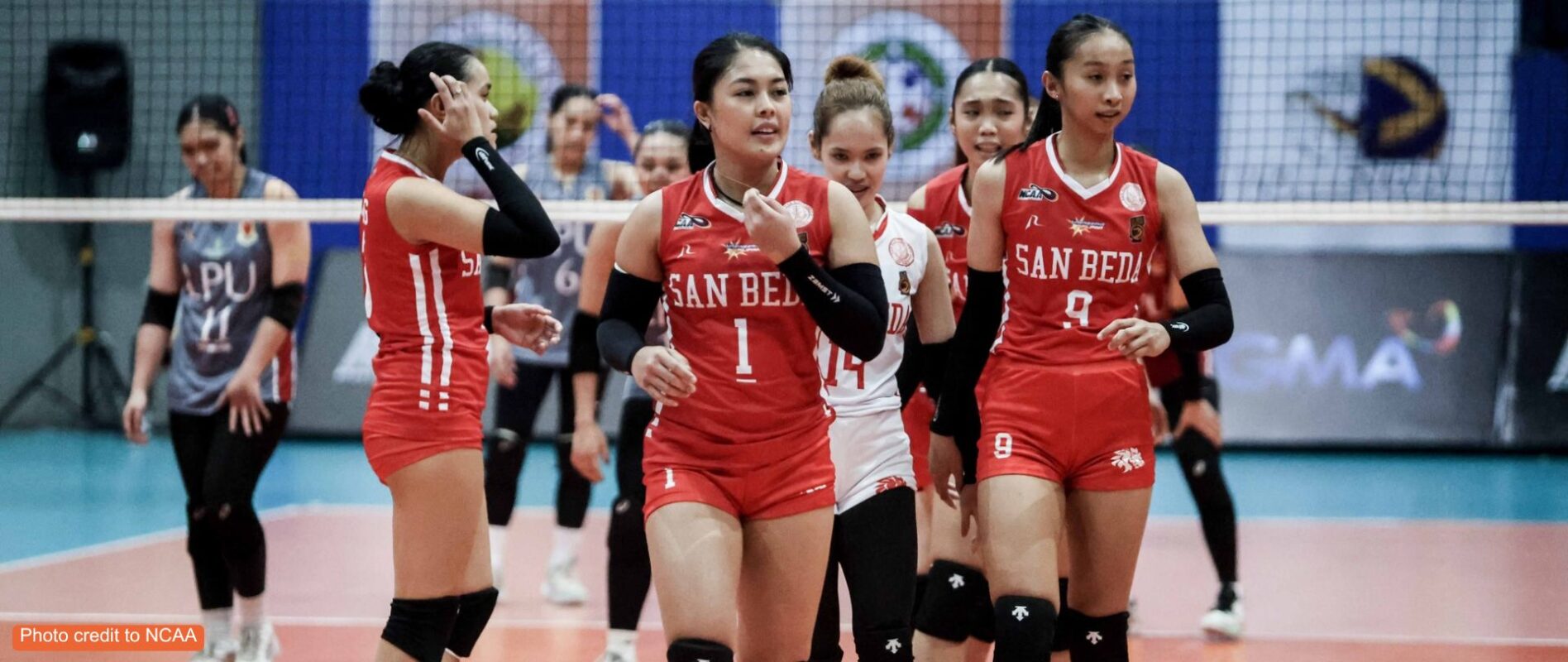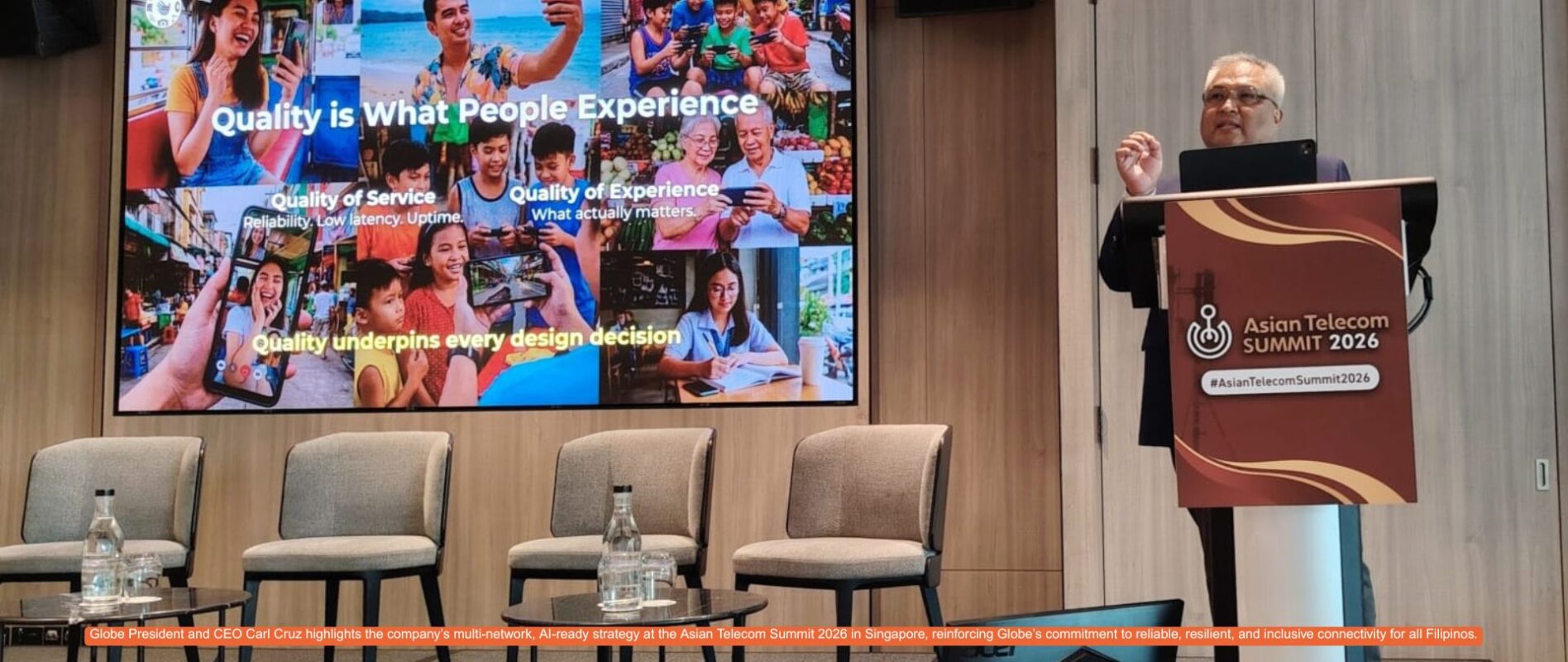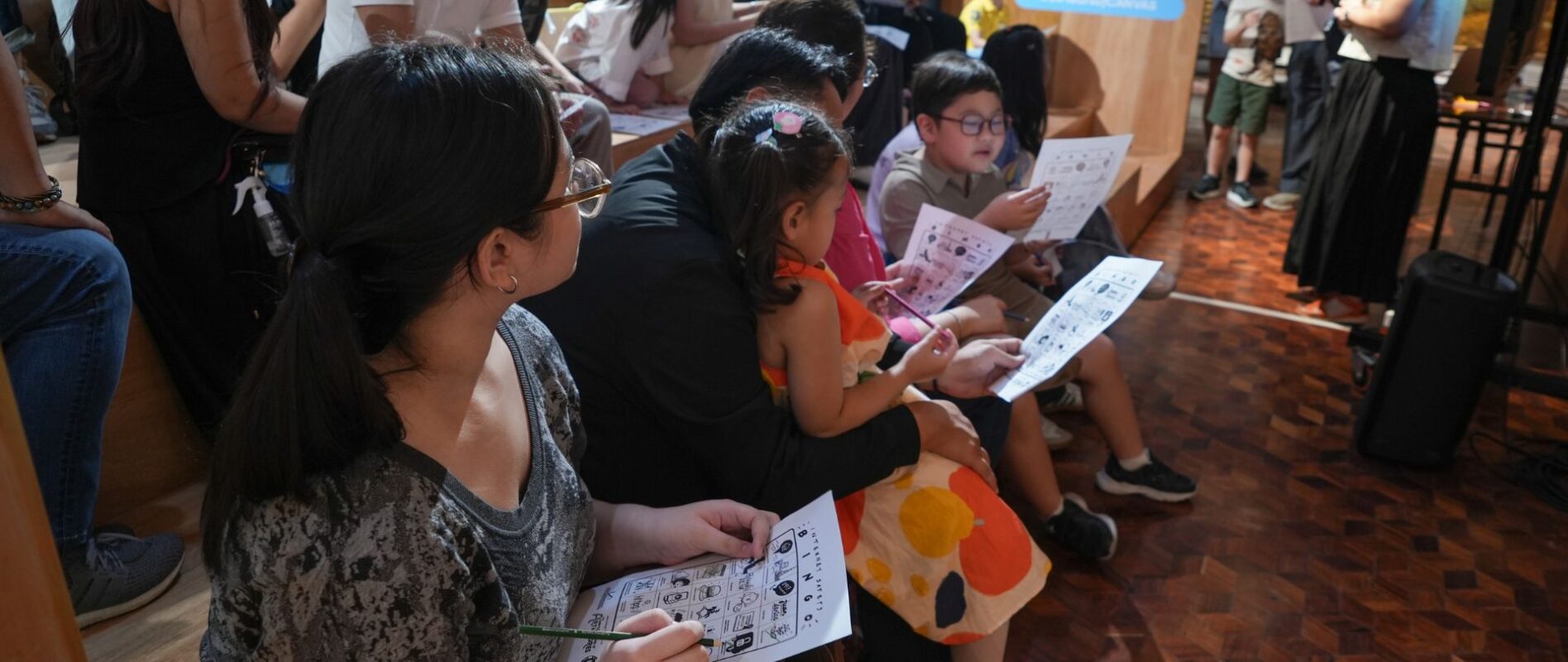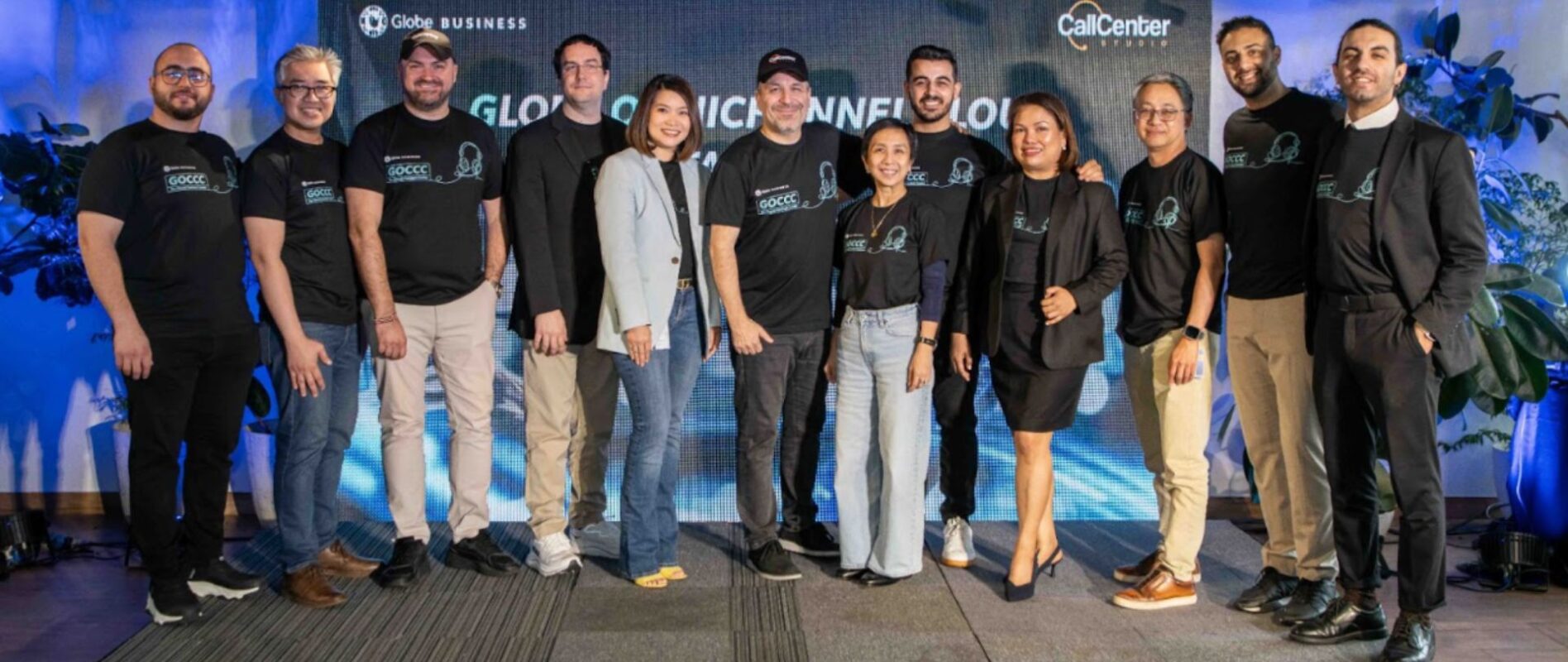HOUSE APPROVES BILL ALLOWING UNDERGRAD PROFESSIONALS TO GET BACHELOR’S DEGREE
THE House of Representatives approved on third and final reading the proposed law institutionalizing the Expanded Tertiary Education Equivalency and Accreditation Program.
With 251 affirmative votes, the lawmakers approved House Bill 9015 or a measure that would allow undergraduate professionals to get a bachelor’s degree.
“The ETEEAP refers to the alternative education program in the Philippines that allows working professionals who were either unable to finish their college education or were completely unable to advance into college for different reasons to earn a bachelor’s degree without going through the traditional schooling method,” House Speaker Ferdinand Martin Romualdez said.
Romualdez said the program was introduced in 1996 through Executive Order 330, signed by the late President Fidel Ramos.
The bill aims to strengthen the system of academic equivalency and accreditation at the college level, including the validation of the knowledge and expertise derived by senior high school graduates, post-secondary technical-vocational graduates, and college undergraduate students from relevant work experiences and high-level, nonformal training in order to harness their full potentials.
HB 9015 defines the program as an equivalency and accreditation pathway for obtaining a college degree for senior high school graduates, post-secondary technical-vocational graduates, and college undergraduates who have become professionals with an aggregate of five or more years of work experience.
The knowledge, experiences, achievements, and skills obtained by the undergraduates through their jobs shall be used to earn school credits that will be deducted from the total number of units or credits that they are required to earn before they graduate.
“Institutionalization of ETEEAP gives this laudable policy permanence, meaning more Filipino professionals will benefit from it in the coming years,” Romualdez said.
To qualify for the ETEEAP, an applicant must be a Filipino citizen, at least 23 years of age, with at least five years work experience.
The Commission on Higher Education shall be the lead agency in the implementation of the provisions of the proposed law.

